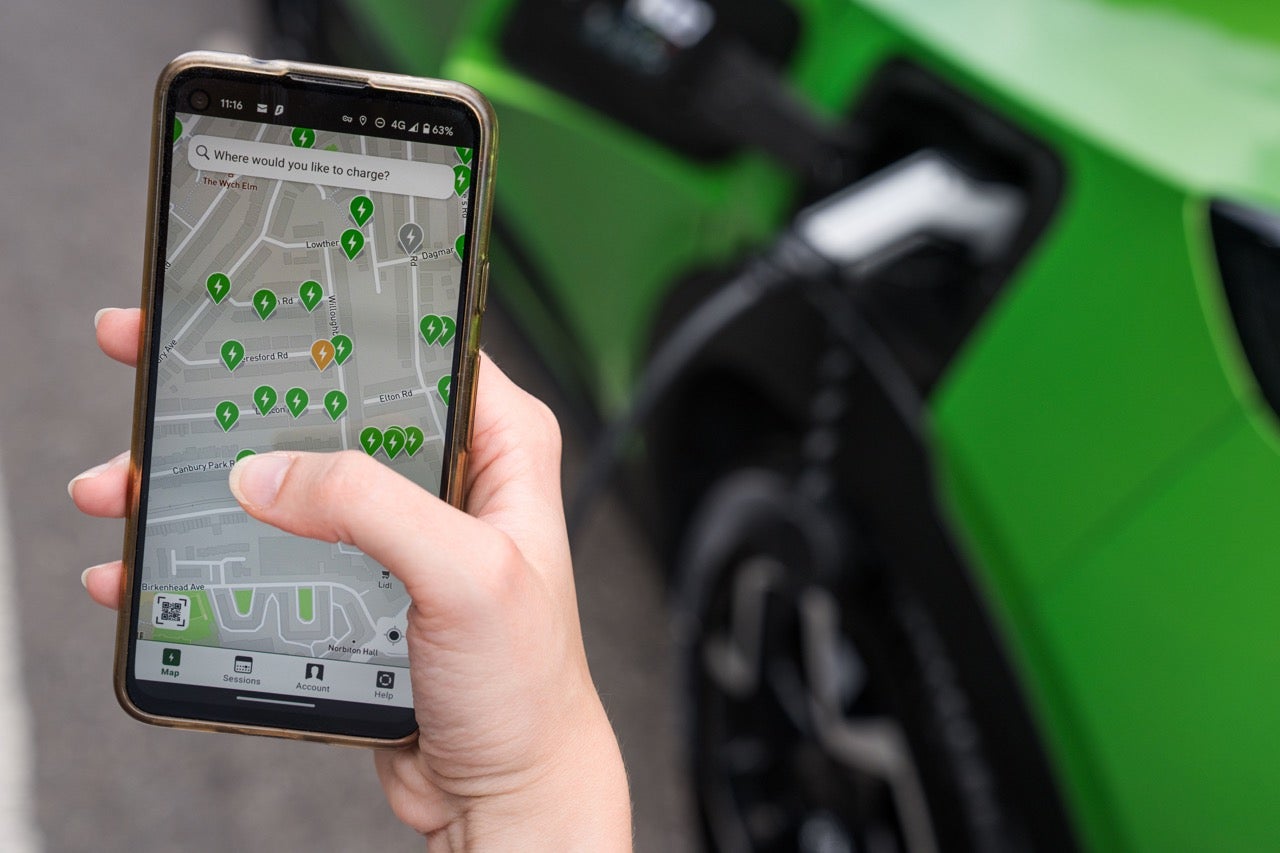Driving Change: how ready are we for the switch to electric vehicles?
Across the country drivers are waking up to the advantages of EVs but if we’re decarbonising the UK we urgently need to address the elephant in the room

In 2035, the United Kingdom will ban sales of internal combustion engine vehicles. It’s one of those dates that feels both far in the future and frighteningly close. The big question on everyone’s lips is: are we ready? And the answer, it seems, is almost, but there’s a piece of puzzle missing that needs urgently to be put into place.
First, though, to the positives. In the past 10 years, there has been a significant shift in attitudes as engineering advances and effective communications have put paid to many of the myths surrounding electrical vehicles. One of the big sticking points for lots of motorists was range anxiety, but pioneering brands like Vauxhall, who will soon offer an electrified option in every model-line, have increasingly helped to dispel these fears in no small part thanks to cars like the Astra Electric which can do up to 258 miles on a single charge.
There had been concerns too about costs, but increasingly drivers are looking beyond the upfront price of a car and are realising that the total cost of ownership for EVs is very competitive. Another of the enduring myths about electric vehicles was that they weren’t actually better for the environment but initiatives like Vauxhall’s Design for Sustainability, which makes it easier to recycle all elements of a car, including crucially its battery, have helped to allay fears.
So far so good, but the elephant in the room is charging points and it’s on this major issue that we need to act fast and effectively if we’re to be ready for the 2035 target.
Currently, 80 per cent of EV charging is done at home, which is all well and good for those with drives and garages, but it’s a serious challenge for the 40 per cent of households without access to off-street parking. When surveyed, potential customers say they are five times more likely to make the switch if they have access to residential charging, underlining the importance of an established network of public charging points.
Unfortunately, we’re a long way from meeting demand. An expected 500,000 new electric cars will be registered this year on top of the million already on the road, but the latest government figures show that there are only 20,705 on street charge points, a huge shortfall that needs to be addressed, particularly in chronically underserved parts of the country like the North East and Northern Ireland.
To this end, Vauxhall has launched the Electric Streets Campaign, a new initiative designed to help electrify the communities of the United Kingdom. Working alongside councils and charge point operators, the brand is aiming to accelerate the installation of on-street residential charging in a way that identifies and targets areas of greatest need to ensure that everyone retains the freedom of mobility.
Underpinning all this is a massive nationwide survey on current and future demand for EVs, which will give decision-makers the crucial information they need to make smart and effective investments into our charging infrastructure.
And this is where you come in. If you drive an electric vehicle or are considering making the switch to electric, you can be part of the Electric Streets Campaign. By filling in their simple form, you can help create an up-to-the-minute map of demand for residential charging and help accelerate the decarbonisation of the United Kingdom.
Register your charging needs below, or visit electricstreets.co.uk for more information.
Read More: EV Chargers
Subscribe to Independent Premium to bookmark this article
Want to bookmark your favourite articles and stories to read or reference later? Start your Independent Premium subscription today.